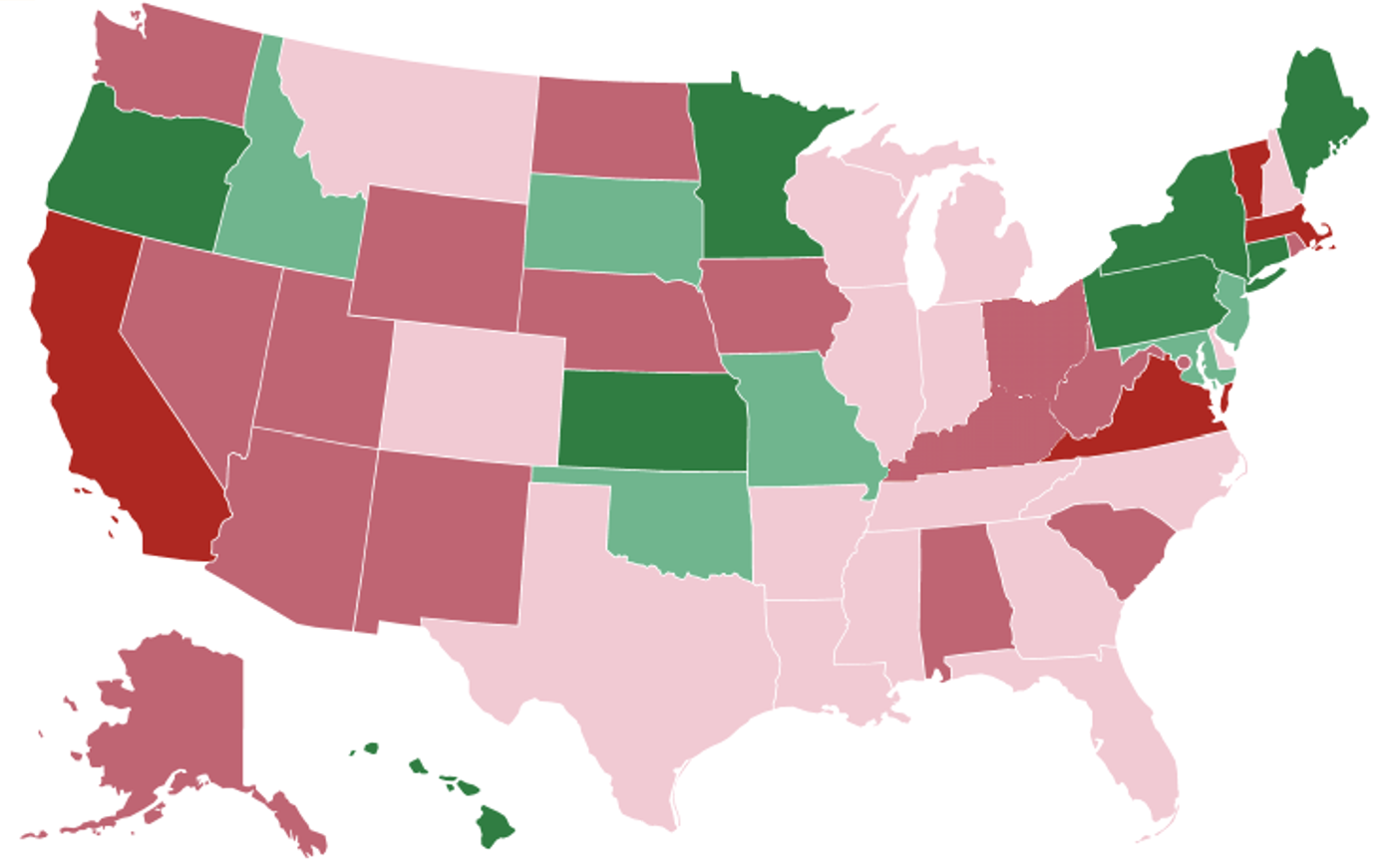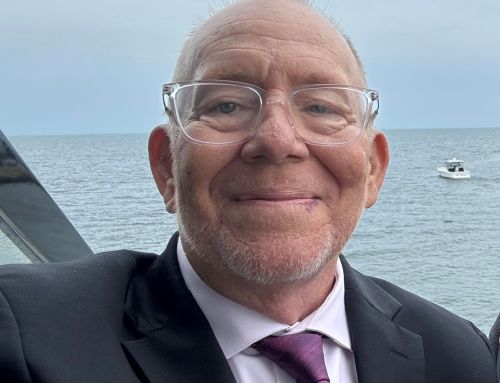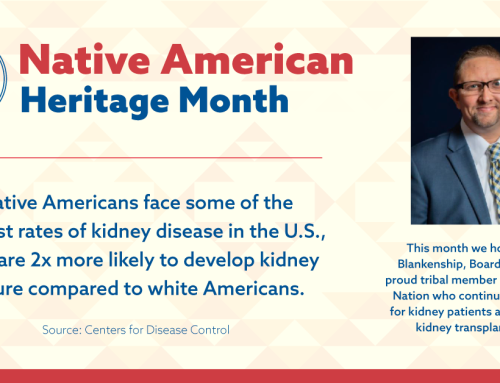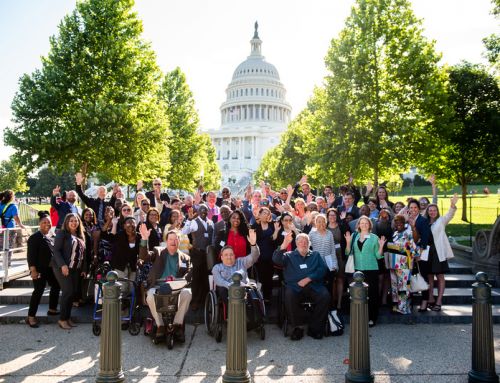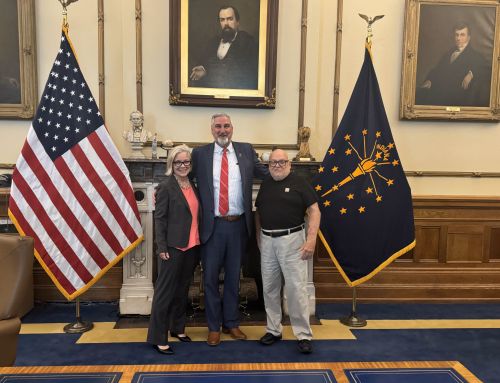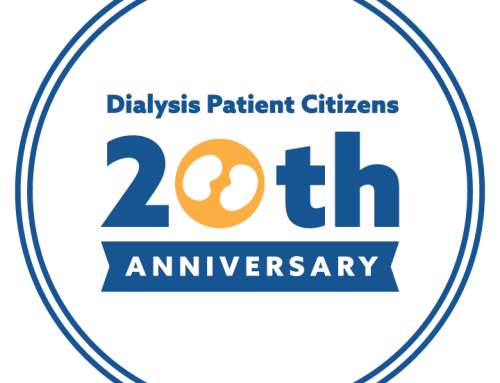If you’re a dialysis patient under age 65 looking to purchase a Medigap plan, DPCs new interactive Medigap Report Card will help you understand the availability of Medigap coverage in your state.
Medicare Supplemental Insurance, or Medigap, is provided by private insurance companies. While federal law requires insurers to offer Medigap coverage to Medicare enrollees upon turning age 65, that protection does not extend to individuals under age 65 who are Medicare enrollees due to a diagnosis of End Stage Renal Disease (ESRD).
Providing accessible, affordable Medigap coverage for patients with ESRD is critical to ensuring they can fully cover the cost of their care, as Medicare only pays for 80 percent of an individual’s health care costs. Medigap coverage offers dialysis patients not only financial security, but also access to kidney transplant as secondary coverage is needed to cover the cost of transplant, ongoing medical care, and immunosuppressant drugs.
“Right now, there are no state protections in Alabama for ESRD patients like me who are under the age of 65,” said DPC Board President Andrew Conkling. “Even when some insurers do offer Medigap coverage for ESRD patients, the premiums are often too high for many of us. Those of us who can get Medigap coverage rely on it for our own financial security, or for access to a kidney transplant.”
Of the 30 states that require insurers to offer Medigap coverage, less than half also require affordable premiums. Even worse, 20 states and the District of Columbia do not require coverage, and if plans are available, rates are significantly higher than those for enrollees who are age 65 and older. The inability for under age 65 dialysis patients to access affordable Medigap plans creates significant barriers.
To help address these disparities in Medigap access, DPC is calling on Congress to enact the Jack Reynolds Memorial Medigap Expansion Act (H.R. 1676). This bipartisan legislation was introduced by Representatives Cindy Axne (D-IA0 and Jaime Herrera Beutler (R-WA) to provide all ESRD patients with access to supplemental insurance.
The DPC Report Card on Medigap coverage provides patients and policy makers with an interactive map to check the availability of affordable coverage in their state and understand what protections exist. Using this information, patients can better understand the options available to them, and work directly with lawmakers at the state and federal levels to secure patient protections such as H.R. 1676.
Visit DPCs Report Card on Medigap Coverage here: https://www.dialysispatients.org/policy-issues/promote-financial-security/medigap-coverage/
View DPC’s press release on the scorecard here

